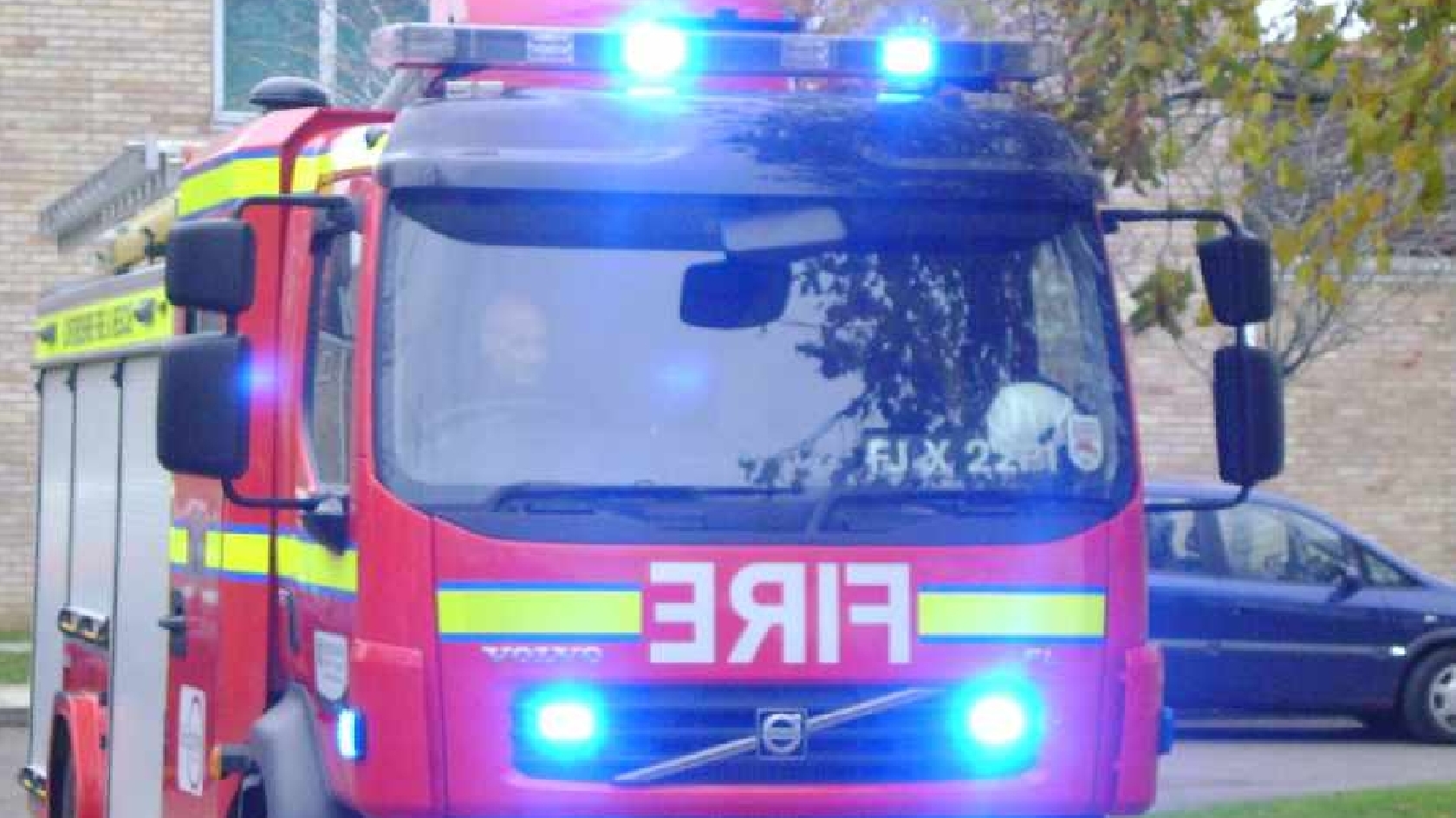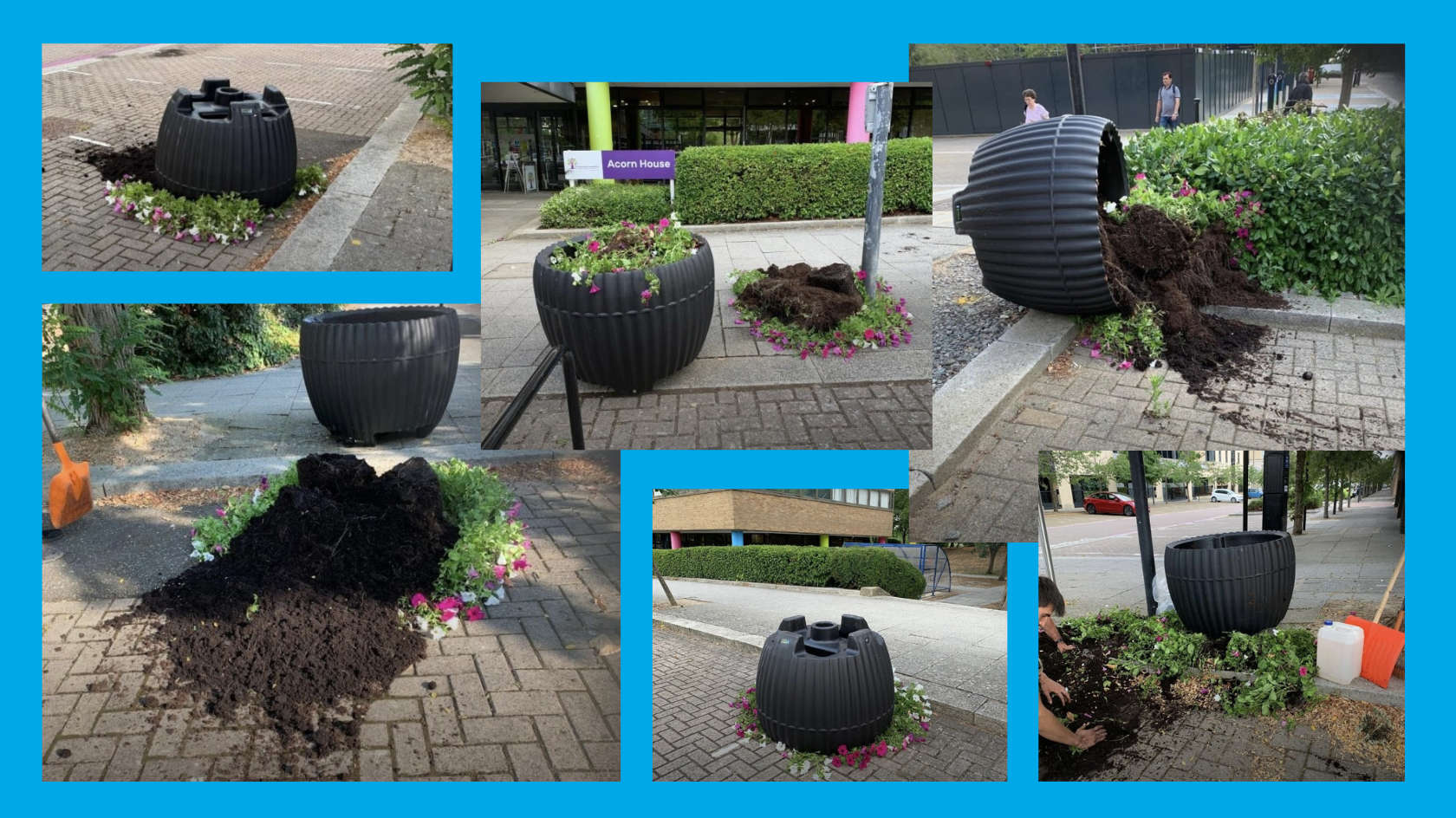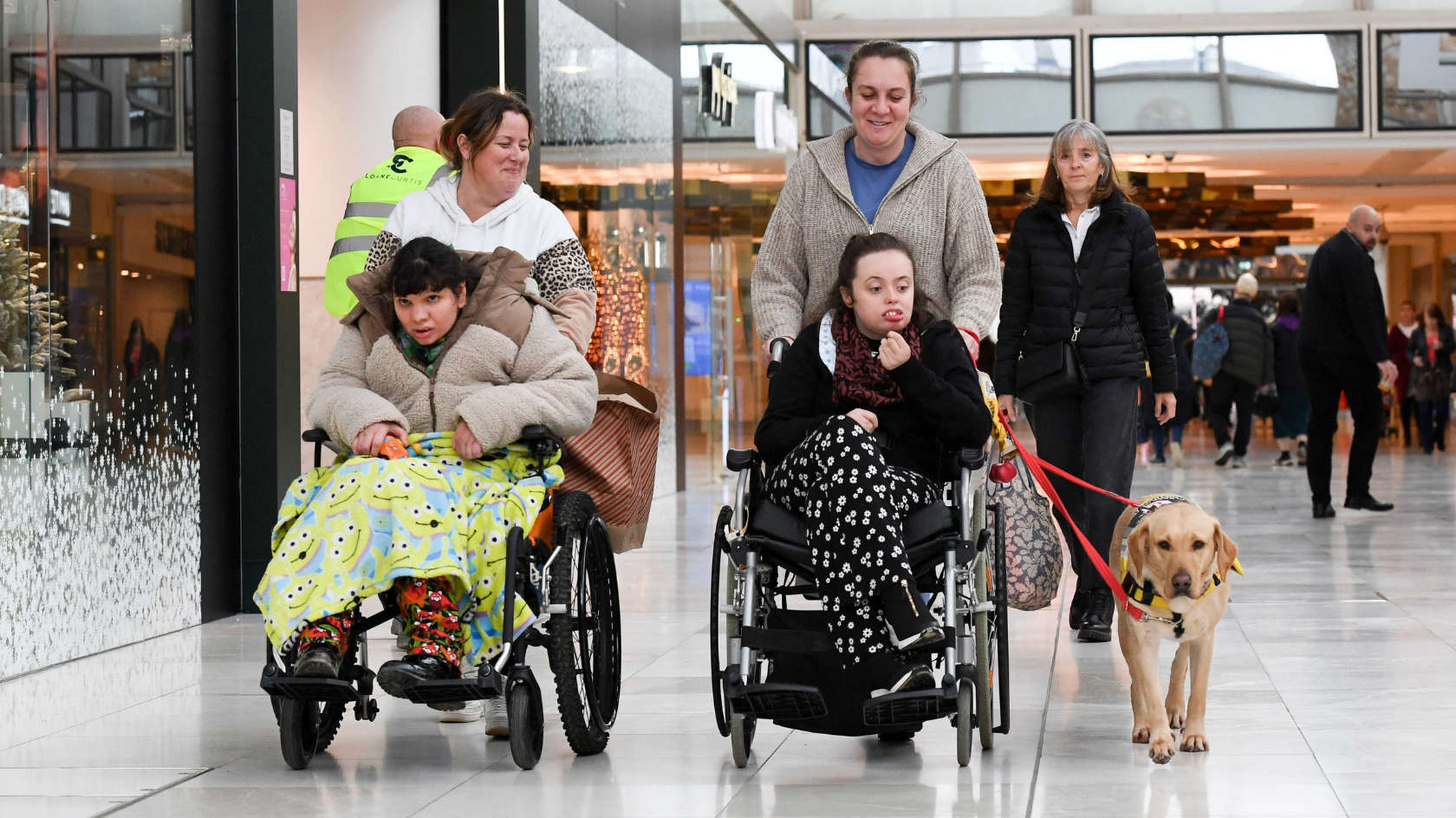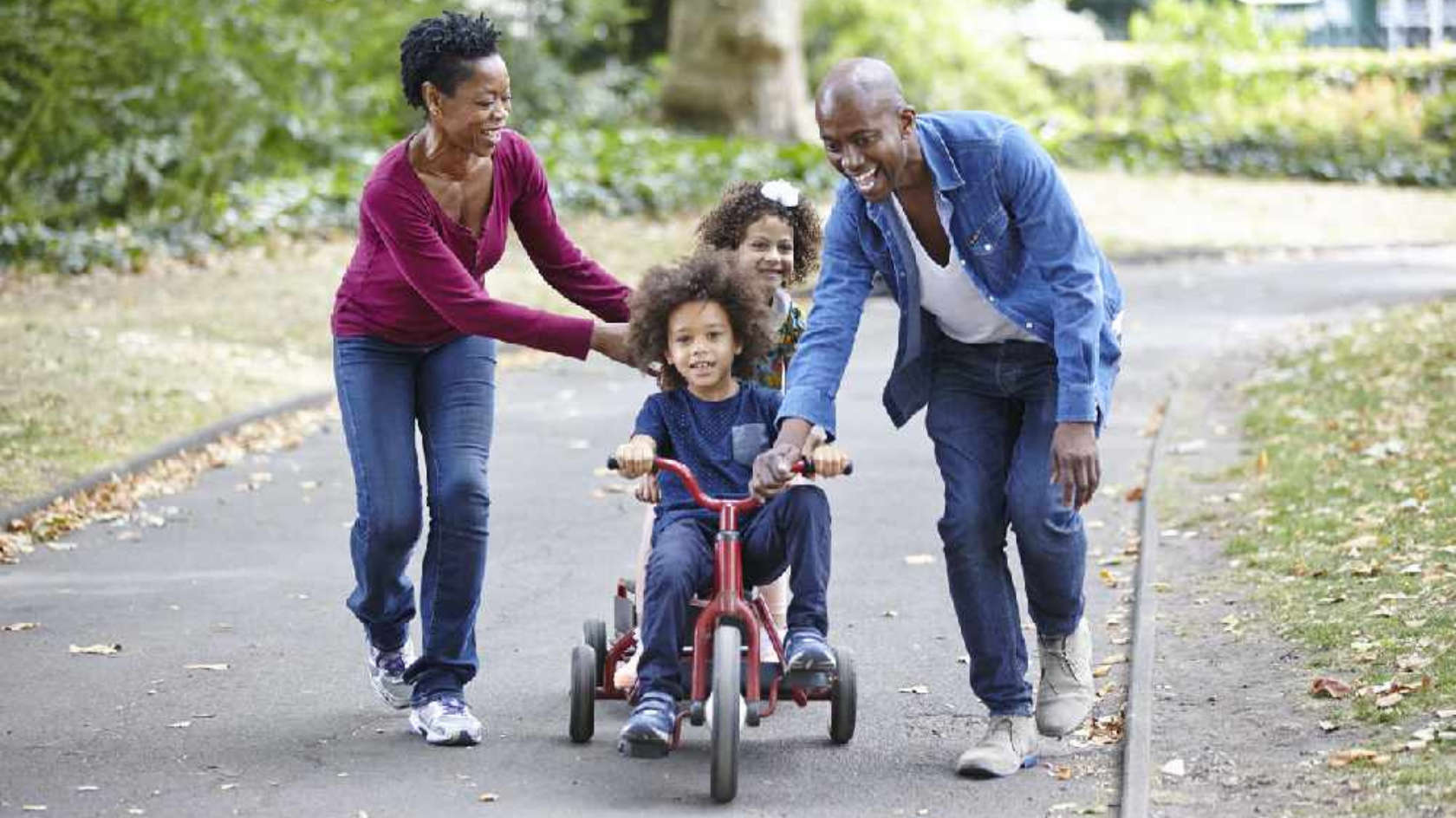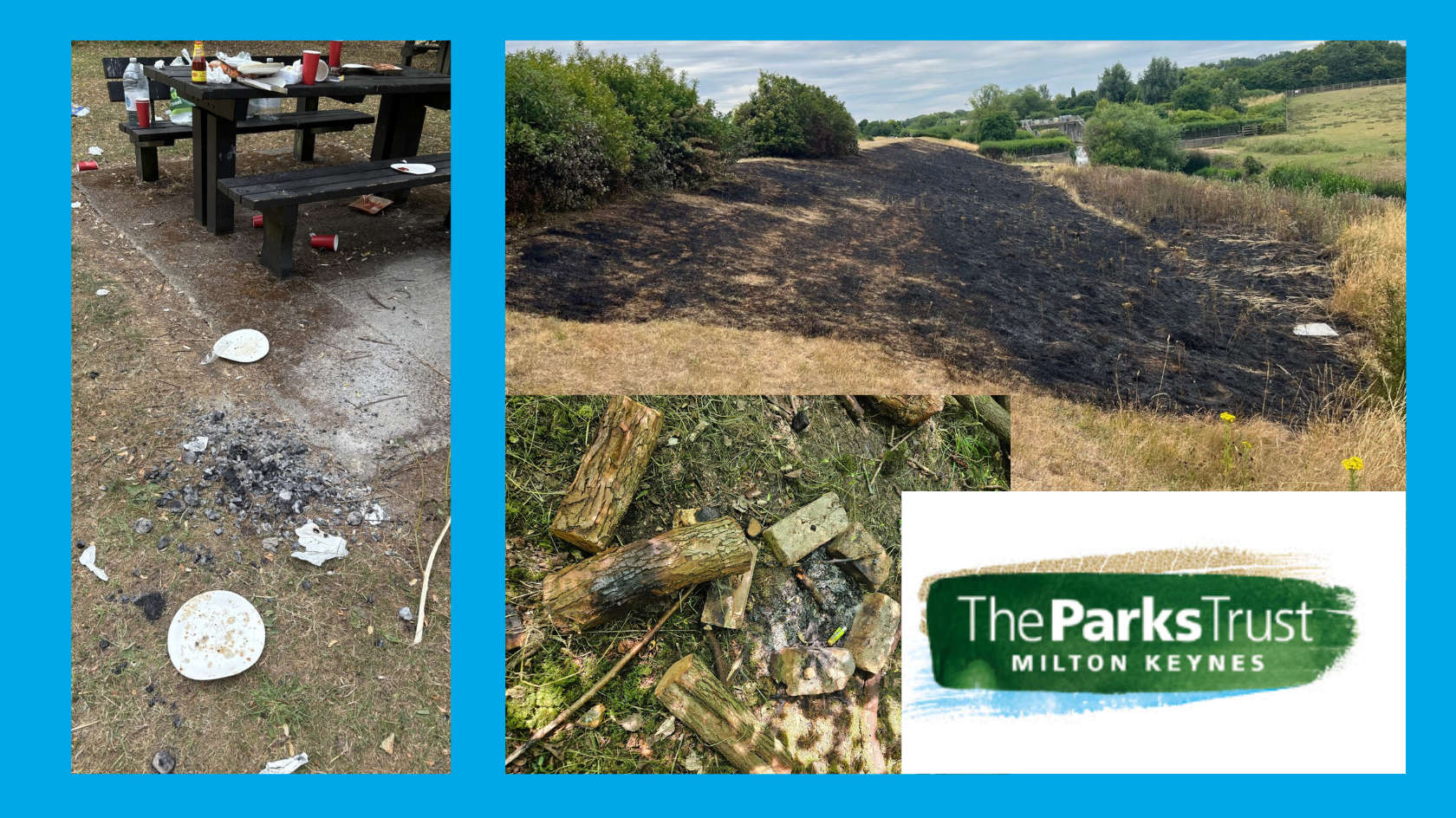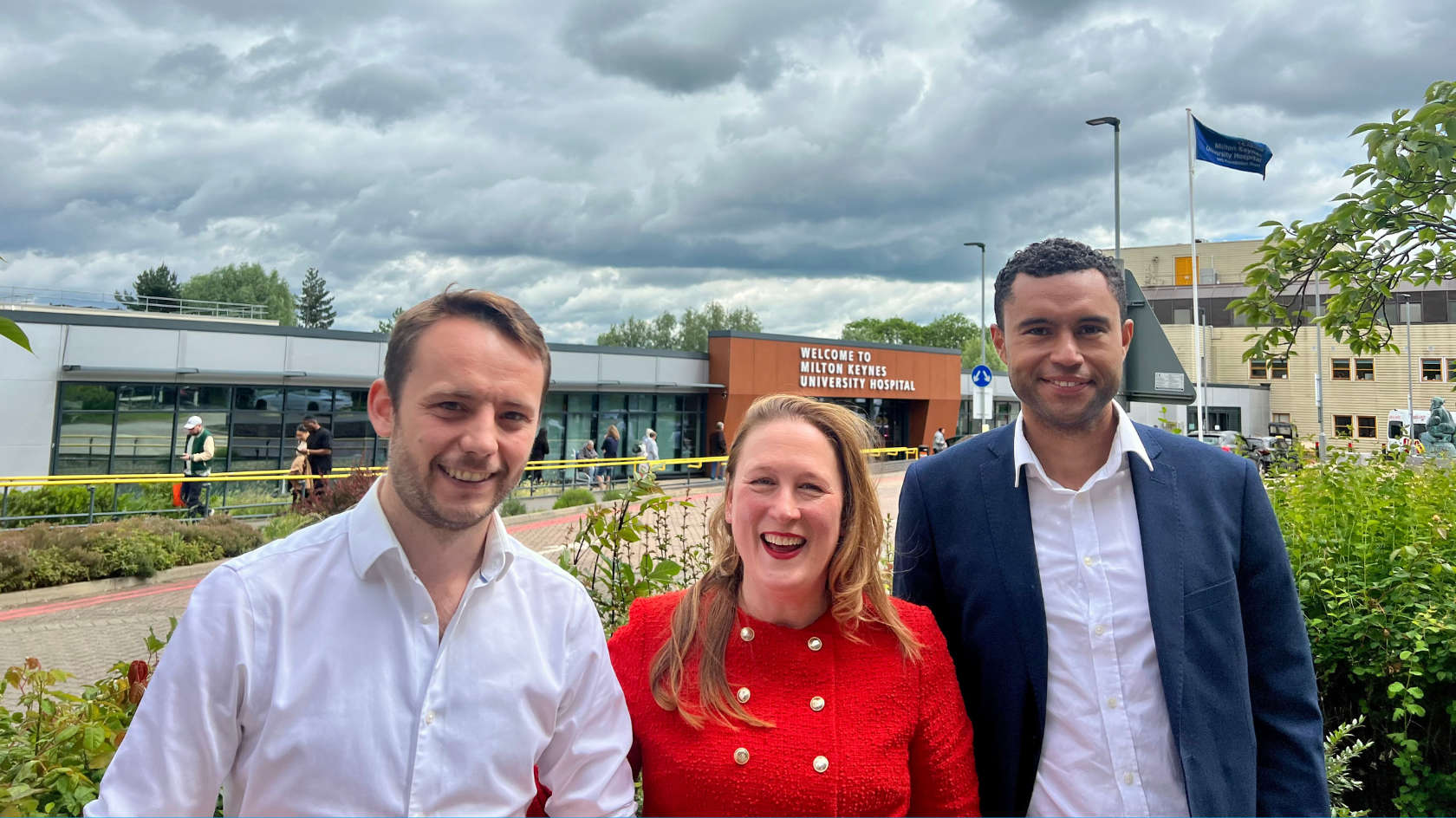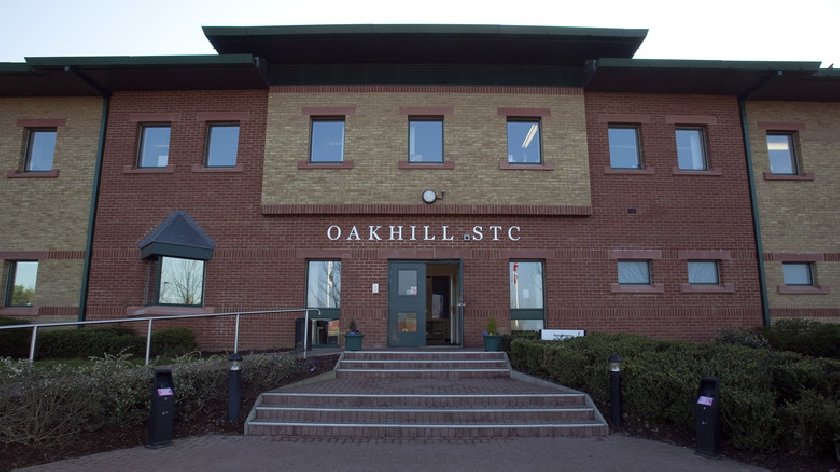
A training centre for teenage boys has been ordered to stop using “pain-inducing techniques” on children who are serving a custodial sentence or who are remanded to custody by the courts.
Ofsted has this week published a damning report on Oakhill Secure Training Centre, in Chalgrove Field, Milton Keynes, which provides accommodation for up to 80 boys aged 12 to 17.
In the report, which found the centre to be “requring improvement to be good”, in four out of five categories, the inspectors called for the immediate ending of the use of “pain-inducing techniques”.
They have also been told to ensure that children who are “removed from association” have sufficient access to basic entitlements including fresh air, exercise, and education.
The Ofsted report highlights one case where a child was removed from associating with others for 105 days. The report continues: “Records covering a 15-day period immediately prior to the inspection revealed that this child received an average of only five minutes of fresh air each day.
“The excessive duration of this restrictive measure is detrimental to children’s welfare, health and well-being.”
The inspectors said the managers were good at assessing when the removal of association was appropriate, but need to improve how they monitor the children involved.
The report paints a picture of regular “high rates of violence” at the centre and that “many children experience single separation and the use of force and restraints”.
They add: “Overall, this trend has not declined since the last inspection, despite many incidents being of a comparatively low level.
“Despite a notable reduction in the three months prior to this inspection, the overall levels of violence and the use of force and restraint remain high.
“There have been 132 assaults on children, 214 assaults on staff and 11 fights in the last six months. A high proportion of these incidents are of a comparatively lower level, but too many resulted in injures requiring medical treatment. This is detrimental to children’s progress and experience.”
The inspectors add that governance of the “use of force” is rigorous but that no-one seems to be learning from incidents.
“Managers identify both good practice and learning points after each incident.
“It is positive that managers refer these concerns, but the frequency of them raises questions about the demonstrable impact of reflective learning.”
The inspectors add that staff use “pain-inducing techniques” to deal with incidents where there is “no immediate threat of serious harm. This poor practice places children at significant risk of harm.”
The centre is operated by G4S Care and Justice Services, providing accommodation for up to 80 male children aged 12 to 17 years who are serving a custodial sentence or who are remanded to custody by the courts. G4S also provides education and healthcare on the site. The inspection took place between April 8 and 12 this year.
The company responded to the Ofsted report with a statement on its website, and provided a statement after being approached to respond to issues by the Local Democracy Reporting Service.
Richard Stedman, the director of Oakhill STC, said: “The wellbeing of the trainees in our care at Oakhill is of paramount importance. I am glad that inspectors have recognised the hard work of our staff to deliver care-led support to the trainees under our supervision.
“As the report points out, we are not looking for quick fixes but are focused on making long-term improvements to Oakhill, and will continue to make the necessary investments to ensure that the ongoing and future needs of the young people in our care are met.
“Though there have been areas of improvement in healthcare and education, they remain key focus areas, and progress is ongoing to address all of the inspector’s recommendations.”
The company was pleased that the inspectors found that young people at “feel safe” and highlights that the trainees “have benefited in significant ways from their support and experience of care at Oakhill.”
G4S adds that inspectors also praised the welcoming atmosphere on arrival and said staff develop “positive relationships” with the residents.
Their website statement adds: “Education and learning opportunities at Oakhill were praised in the report, saying that most trainees “make good progress” in their education. This is aided by an “interesting and varied enrichment programme” and “good teaching and support” which helps young people manage their behaviour.
“Other areas that were highlighted include “prompt access” to healthcare professionals, interventions to maintain family contact and ensure visits are “a positive experience”, and “well coordinated” resettlement work.”


